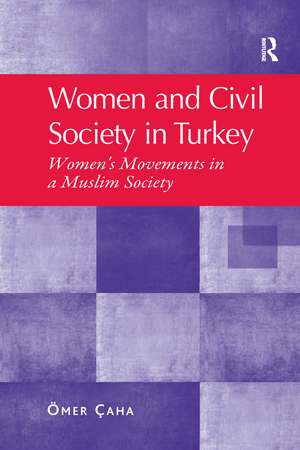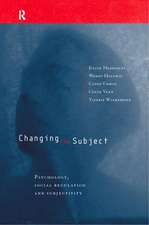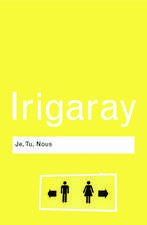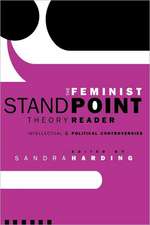Women and Civil Society in Turkey: Women's Movements in a Muslim Society
Autor Ömer Çahaen Limba Engleză Paperback – 26 oct 2016
| Toate formatele și edițiile | Preț | Express |
|---|---|---|
| Paperback (1) | 469.34 lei 6-8 săpt. | |
| Taylor & Francis – 26 oct 2016 | 469.34 lei 6-8 săpt. | |
| Hardback (1) | 1056.80 lei 6-8 săpt. | |
| Taylor & Francis – 7 noi 2013 | 1056.80 lei 6-8 săpt. |
Preț: 469.34 lei
Nou
Puncte Express: 704
Preț estimativ în valută:
89.84€ • 97.62$ • 75.51£
89.84€ • 97.62$ • 75.51£
Carte tipărită la comandă
Livrare economică 21 aprilie-05 mai
Preluare comenzi: 021 569.72.76
Specificații
ISBN-13: 9781138272361
ISBN-10: 1138272361
Pagini: 240
Dimensiuni: 156 x 234 mm
Greutate: 0.45 kg
Ediția:1
Editura: Taylor & Francis
Colecția Routledge
Locul publicării:Oxford, United Kingdom
ISBN-10: 1138272361
Pagini: 240
Dimensiuni: 156 x 234 mm
Greutate: 0.45 kg
Ediția:1
Editura: Taylor & Francis
Colecția Routledge
Locul publicării:Oxford, United Kingdom
Notă biografică
Ömer Çaha is Professor of Political Science at Yildiz Technical University, Department of Political Science and International Relations, Istanbul, Turkey. He is interested in such issues as democratization, civil society, political behaviors, social movements and women’s movements.
Recenzii
’A timely book on a highly important topic. Çaha discusses three branches of feminism in Turkey during the last thirty years: the liberal branch, the Islamic feminist movement, and the Kurdish women's groups. Although a meticulous scholar, the author is not just a neutral analyst but an engaged writer deeply committed to a social vision where women are given their rightful place.’ Fred Dallmayr, University of Notre Dame, USA '... feminist critiques argued that the making of science is a heterogeneous process where many subjective factors, like the gender and the gendered worldview of the researcher, are involved. The author seems to present a study in the book where his gender is minimized. In this regard, first and by foremost, through the perspective of women’s emancipation, feminist research, feminist methodology, etc., the book can be considered to be a successful example of a study on women by a male researcher. ... The book, written by Omar Catha who is a professor of political science and who has been working on women’s issues and women’s movement for many years, is an in-depth summary of the development of the civil society in Turkey and the role that women’s organizations and feminist movements played in this growing civil sphere. Students of political science, women’s studies and sociology might specifically benefit from the book.' e-International Relations 'The author’s well-studied and well-nuanced work quite successfully presents a picture of the feminist movement in Turkey. ... I would recommend this book to all scholars and students of feminism and civil society. More specifically, anyone with an interest in Turkish society, culture, and history would find this book useful in expanding their horizons.' Middle East Media & Book Reviews 'Women and Civil Society in Turkey: Women’s Movements in a Muslim Society offers a significant contribution to studies which link civil society debates with women’s issues through its focus on wom
Cuprins
Preface; Introduction; Chapter 1 Civil Society in Modern Political Thought and Feminist Reaction; Chapter 2 Women and Civil Society in Turkish Politics: From Past to Present; Chapter 3 The Feminist Movement in Turkey During the 1980s; Chapter 4 The Feminist Movement from Streets to Institutions; Chapter 5 The Islamic Women’s Movement; Chapter 6 The Kurdish Women’s Movement; Chapter 7 Concluding Remarks: Women’s Movements and Feminine Civil Society in Turkey;
Descriere
Focusing on three important interrelated issues, Women and Civil Society in Turkey challenges the classical definition, developed in the West, of civil society as an equivalent of the public sphere in which women are excluded. First it shows how feminist movements have developed a new definition of civil society to include women. Second it draws attention to the role of women in the modernization of Turkey with special reference to the debate on the possibility of an indigenous feminist movement. Finally, it underlines the contribution of feminist, Islamic and Kurdish women’s movements in the transition from an ideologically constructed, uniform public sphere to a multi-public domain.















